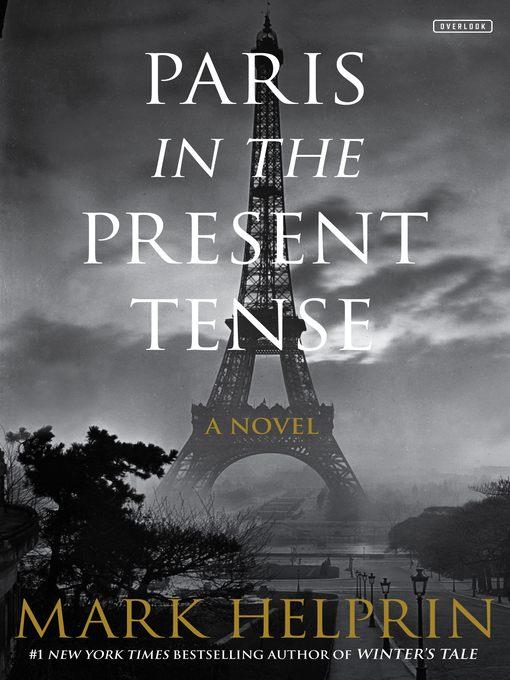
Paris in the Present Tense
A Novel
کتاب های مرتبط
- اطلاعات
- نقد و بررسی
- دیدگاه کاربران
نقد و بررسی

Starred review from August 15, 2017
A modern-day story of love, music, and death, with echoes of the Nazi retreat in World War II France.Septuagenarian Jules Lacour is a widower and a cellist in agony after losing his wife, Jacqueline. His grandson, Luc, has leukemia and will die without treatments that neither Jules nor his daughter, Catherine, can possibly afford. Stage fright has always prevented him from achieving fame and fortune, and he considers himself a failure. Though in terrific physical shape--he runs, he rows on the Seine--he wants to die and be with Jacqueline again, because "he himself did not need to live. It was Luc who needed to live." Then, mirabile dictu, a "giant international conglomerate" asks him to write "telephone hold music," promising obscenely high pay that would easily cover Luc's treatment. Jules delivers beautifully, but alas, complications ensue. An intelligent and deeply sympathetic man, Jules remembers the day in 1944 when a Nazi soldier retreating through Reims heard his father playing Bach on his cello instead of La Marseillaise, realized the cellist was a hidden Jew and executed the family, leaving only 4-year-old Jules. That shock shaped the man Jules became, but it's just one thread the author weaves. He is in no hurry to finish telling this beautiful tale as he lavishes attention on characters such as Armand Marteau, perhaps the worst insurance salesman in France; a team of homicide detectives, a Muslim and a Jew, eating a ham lunch with a judge; and women of ineffable beauty with whom Jules falls into instant love. One, Elodi, is a cellist 50 years his junior. Even the conglomerate has a personality: "the great, indefatigable, trillion-dollar machine of Acorn, a dispositif with neither soul nor conscience." As Elodi declares to Jules that she will be his student, he sees "directly into her eyes, and never had he beheld a more elegant and refined woman, not even Jacqueline." The conversations often read like mini-essays, as when Jules tells Elodi about the "jealous" God of the Jews--arguing with Him is "like a goddamn wrestling match." A masterpiece filled with compassion and humanity. Perfect for the pure pleasure of reading.
COPYRIGHT(2017) Kirkus Reviews, ALL RIGHTS RESERVED.

Starred review from September 1, 2017
Jules Lacour, a 74-four-year-old widower and music professor at Paris-Sorbonne, is navigating the complexities of the modern world. Traumatized as a child by witnessing his parents shooting by the SS and again as a soldier in Algeria, Jules had carved out a simple life, devoted to wife and daughter and finding sublimity in the transcendent waves emanating from his prized cello, once his father's, and those of the Seine, on which it has been his daily ritual to row for the past 60 years. It is the fluidity of Helprin's (In Sunlight and in Shadow, 2011) prose that makes this novel of ideas so utterly captivating and Jules a lovable if flawed hero. Helprin's principal achievement lies in his subtle, often profound exploration of religious intolerance, capitalism, and technological advances in stark contrast to Jules' inspiring humanism. These themes are never didactic but instead build on the metaphor of the Seine with its treacherous current, whirlpools, and half-submerged tree trunks churning just below the surface while Jules glides skillfully along in his delicate shell. Determined to help his gravely ill grandson and others he believes he has failed, Jules occupies the infinitesimal and perhaps nonexistent space between past and present, yet he will be long remembered after the last page is turned.(Reprinted with permission of Booklist, copyright 2017, American Library Association.)

























دیدگاه کاربران